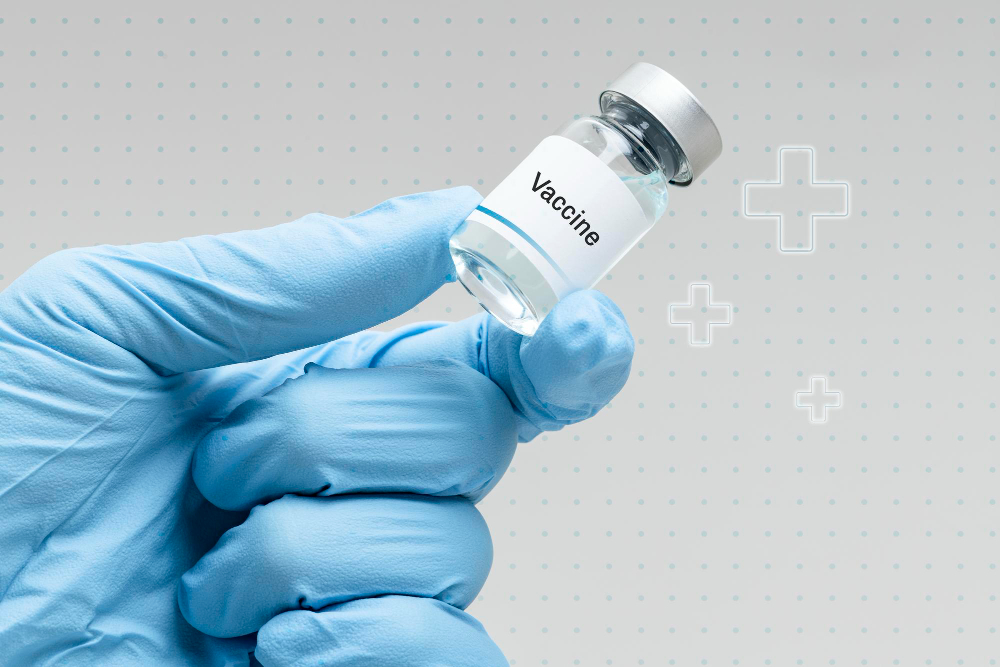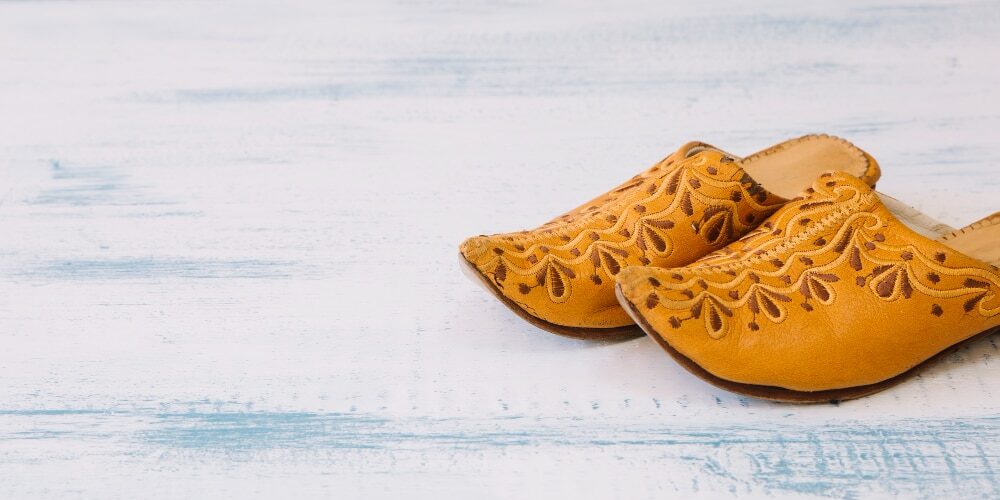Dr Shehla Jamal, a gynecologist and menstrual health expert from New Delhi, India, sets the record straight on the safety of using menstrual hygiene products.
Despite the many benefits that menstrual cups and tampons offer, there are numerous myths and taboos associated with the products that deter menstruators from choosing them. Dr Shehla Jamal, a gynecologist and menstrual health expert from New Delhi, India, debunks some of the most persistent misconceptions about these menstrual hygiene products.
#1 The virginity issue
One widespread myth is that menstrual cups and tampons can affect virginity, as they can potentially damage the hymen. Dr Shehla clarifies that virginity is a social concept relating to sexual intercourse, not the state of the hymen.
“The hymen is just a thin piece of tissue (thin membrane) that fully or partially covers the vagina, through which menstrual and cervical discharges come out. Some girls are even born without a hymen. Physical activities, like sports or cycling, may gradually wear out the hymen,” explains the doctor.
The hymen is already perforated. Blood, tampons, and fingers can pass into the vaginal passage without the hymen disappearing; it may just simply stretch.
#2 The fear of losing it
What if the cup or tampon gets lost inside the vagina? Dr Shehla has a reassuring answer: “The average posterior vaginal length is around 9 cm, much longer than a menstrual cup or tampon, which measures about 2.5 to 3 cm. While these products may sometimes reach high up to the posterior vagina wall leading to difficulty in retrieving the inserted item, they cannot be lost inside the body. With proper guidance, individuals can learn to manage these situations.”
#3 The problem of urination
Can you pee while using a menstrual cup or tampon? Yes, there’s no need to remove the cup or tampon in order to urinate.
Individuals with vulvas have three separate openings — the vagina, urethra, and anus. The cup is inserted only into the vagina; urine passes through the urethra. In case of any discomfort, it’s advisable to use a lubricant or alternative insertion methods.
#4 The question of toxic shock syndrome
Toxic shock syndrome (TSS) is a potentially deadly condition that occurs when a type of strep bacteria on the tampon emits toxins that overwhelm the body. But luckily, TSS is very rare.
Researchers are still figuring out if menstrual cups are any better at preventing TSS as compared to other period products.
“Menstrual products, in the presence of endometrial fluid and blood, should not be left in the vagina for more than four to six hours as it can become a breeding ground for bacteria,” warns Dr Shehla. However, with proper use and hygiene, menstrual cups and tampons are safe and effective solutions for managing menstruation. Users needn’t worry about TSS as long as they adhere to usage guidelines and avoid leaving the product in for extended periods.















